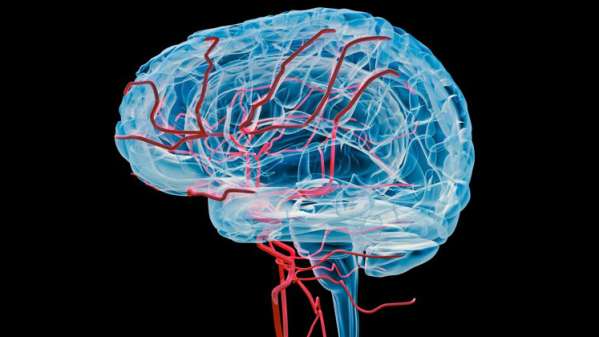Toronto: Administering additional oxygen improves the function of brain’s blood vessels in dementia patients suffering with lung disease, finds a study.
Research have showed that individuals with chronic obstructive pulmonary disease (COPD) are at a higher risk of dementia. This could be due to lower brain oxygen levels as a result of problems with blood supply from blood vessels in the brain.
The study, published in Experimental Physiology, proved that oxygen therapy improves cerebral oxygen delivery and neurovascular function in chronic obstructive pulmonary disease patients.
This improvement in cerebral oxygen delivery and neurovascular function might provide a physiological link between oxygen therapy and a reduced risk of cerebrovascular disease like stroke, mild cognitive impairment and dementia, in COPD.
In the study, the team, including Ryan L. Hoiland, from the University of British Columbia, used ultrasound to view and measure blood flow in the brain in patients at rest, before and during delivery of this additional oxygen. Oxygen was delivered through the nasal passage for 20-30 minutes.
They also tested the link between brain activity and blood flow in the brain. Participants began this test with their eyes shut, having to open them to read a standardized text.
Pairing these ultrasound measures with a measurement of blood oxygen levels allowed authors to estimate how much oxygen delivery to the brain increased during the reading test.
The research team found that blood flow and oxygen delivery to the brain was significantly increased during reading. This was due to blood vessels in the brain becoming dilated in response to the greater oxygen demand when the brain was active.
However, this study does not indicate the influence of long term oxygen therapy on the function of blood vessels in the brain, the researchers noted.








